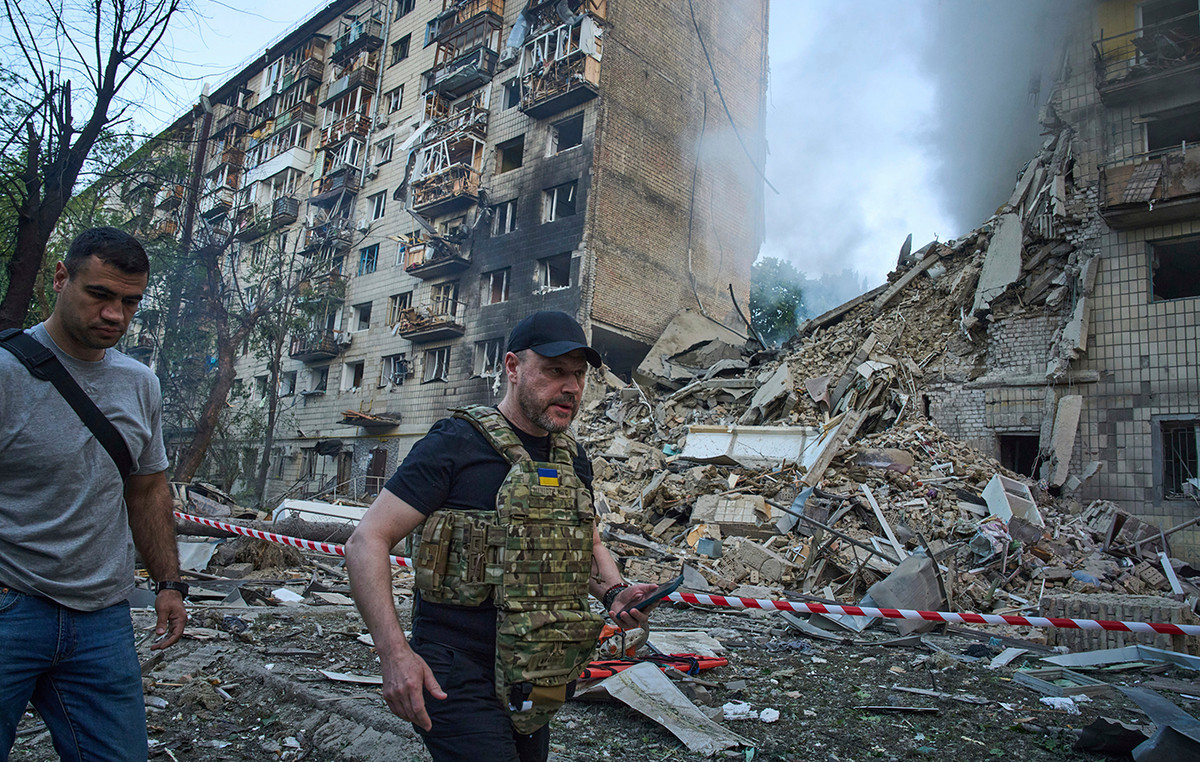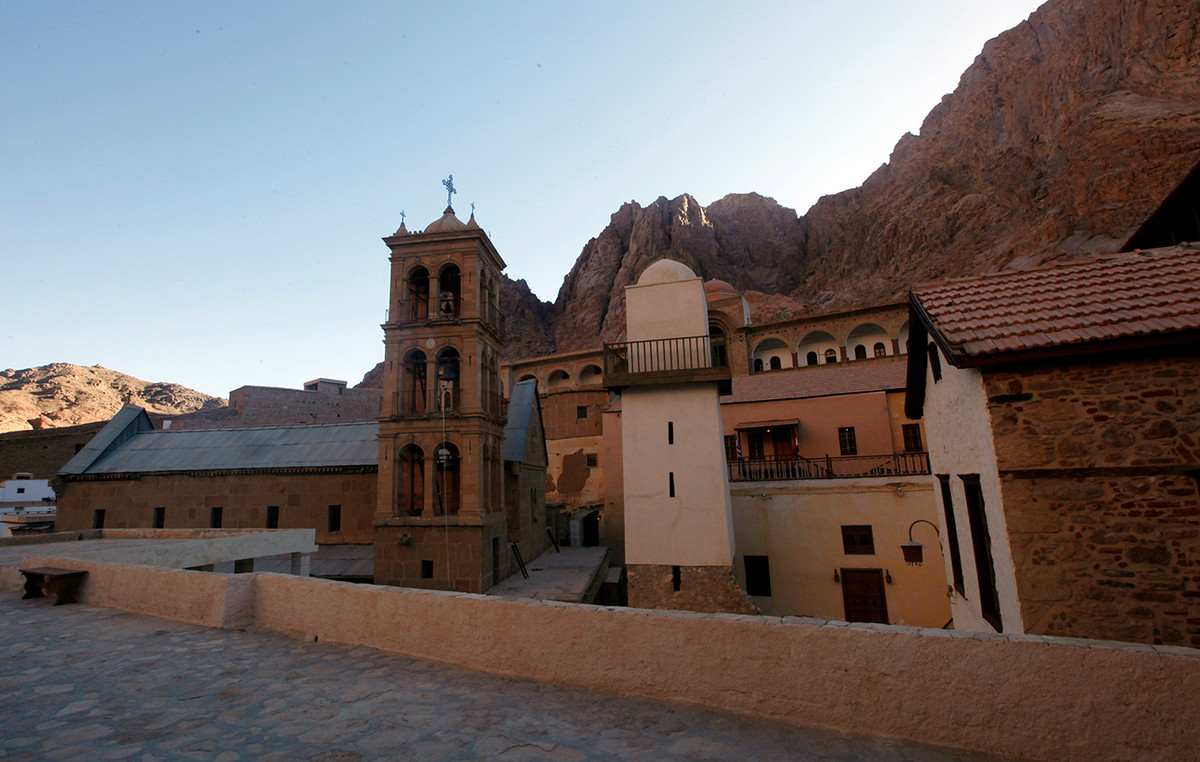“The Conference on the Future of Europe is an excellent opportunity for Brussels to listen to the concerns of the people,” said Deputy Foreign Minister Miltiadis Varvitsiotis in an interview with RFE / RL, adding that the event in Kastellorizo Greece and Europe, was made to send the message “that no one in Europe should be left behind, no matter how far inland”.
Regarding the aggressive rhetoric against our country by Turkey, Mr. Varvitsiotis points out that we are the only country in the world, a member of the EU and NATO, that we face the threat of war, casus belli.
“As long as Turkey keeps the Aegean amphibious army active and acts daily to challenge our national sovereignty, we must protect our islands and borders,” he added.
The whole interview follows
During your visit to Kastelorizo, you highlighted the issue of insularity in the context of the dialogue on the Future of Europe. Should Brussels listen more to the voice of our islanders?
Definitely a must! The Conference on the Future of Europe is a great opportunity for Brussels to listen to the concerns of its citizens. Especially our islanders must participate in the Dialogue and we invite them from here to make their voice heard. Talk about the particular circumstances they face and say what they expect Europe to do and their day-to-day problems – connectivity, transport coverage, access to healthcare and education, self-sufficiency – but also about their region’s geopolitical challenges and migration .
That is why, for our part, we organized with the South Aegean Region a special thematic event on insularity, in the presence of other European Ministers in Kastellorizo, the easternmost tip of Greece and Europe. We wanted to send the message that no one in Europe should be left behind, no matter how far inland. And that Europe must show in practice both its interest and its solidarity with the Akrites of its borders, by formulating an integrated island policy, to support them.
Your visit comes at a time when Turkey continues to use aggressive rhetoric against our country, raising the issue of demilitarization of the islands, challenging Greek sovereignty. What is your answer?
Let me remind you that we are the only country in the world, a member of the EU and NATO, facing the threat of war, casus belli, from neighboring Turkey. As long as Turkey keeps the Aegean amphibious army active and acts daily to challenge our national sovereignty, we must protect our islands and borders.
It is obvious that the defense agreements that our country has entered into with France and the USA strengthen our deterrent power, a fact that has caused irritation in Turkey. This is also evident from the recent allegations by Turkish officials about the status of the Aegean islands, which run counter to the principles of international law but also to common sense, and we obviously reject them in their entirety.
We are not the ones seeking to transfer our differences with Turkey to the field. Greece is committed to the principles of International Law and the Law of the Sea, we want good neighborly relations and we have proved that we are in favor of a constructive dialogue, but we do not leave and will not leave any challenge unanswered.
Are you worried about the possibility of a new instrumentalization of immigration by Turkey? What attitude should Europe take?
We are always vigilant about anything that may arise at our borders. We are also determined to keep them safe and operationally prepared to repel any attempt to instrumentalize people for political reasons.
You know, Greece is a country that respects the rights of immigrants, but also the sense of security of its citizens. It protects human life, but it is also a pillar of stability in the region, unlike Turkey, which has been involved on all active fronts in the region, from Syria to Libya and from the Eastern Mediterranean to the Caucasus. With these principles, we have managed to reduce migration flows by 90% by 2019, and to decongest our islands, which have lifted a lot of weight in recent years.
And with the same principles in Europe, we have put on the European table of dialogue the need to create a strong sanctions framework for anyone who tries to blackmail Europe by using the tools of desperate people.
No matter how much immigration has divided the Member States, Europe cannot remain inactive to those who try to destabilize it. This is the strong message it must send to those who plot its coherence. And, if you will allow me, the starting point for Europe to be shaken in this part was Greece and its strong stance on the events of Evros in 2020. Evros awakened Europe and made its leadership come together and clearly express its support. and its solidarity with our country, which they described as a “European shield”. And with the same logic, the Union reacted dynamically a little later to similar phenomena in Belarus.
How should Europe respond to the energy crisis? Could the solution be the exploitation of deposits in the SE Mediterranean?
Europe’s response to rising energy prices must be twofold: its energy autonomy and its shift to green energy. In order to become self-sufficient in energy, the Union must first cease to source its energy exclusively from specific sources, maintaining monopoly dependencies. At the same time, it must diversify its energy mix, turning to more environmentally friendly forms. After all, there is no dilemma between green and cheap energy, this is indisputable, fossil fuels cost us more because of the cost of pollutants.
In this context, therefore, Europe must think differently and turn first to its own Member States to meet its needs. So, yes, the deposits of the Southeastern Mediterranean, including those of Cyprus, could be a credible alternative for Europe. The same applies to the electrical interconnection of European South countries with North Africa (such as the agreement we signed with Egypt for the use of submarine cable) or between them (as provided by the EuroAsia Interconnector) for the connection Greece-Cyprus-Israel , which will be financed by the Commission with 657 million euros.
In any case, Greece, due to its geostrategic position and due to its comparative advantages in terms of geography and climate, has an important role to play in the new energy map that will be formed. We can become, beyond the natural, energy portal of Europe. And in this direction we are working in the Mitsotakis government.
On the occasion of your presence here, what message do you want to send to the citizens of Rhodes and Dodecanese?
First of all, let me tell you that I personally have a special interest and love for the Dodecanese, especially for Rhodes and for each island separately. It is an area of great importance for our country in many ways. They connect the Greek hinterland with the southeastern tip of the Aegean and bring Greece to the Eastern Mediterranean. It is an area of great historical and cultural importance for Hellenism from antiquity until today and have left an indelible mark on all phases of our history. In fact, we recently entered into diplomatic relations with the Sovereign Military Hospital Battalion of St. John of Jerusalem, Rhodes and Malta, which had significant activity here in Rhodes and defended the island against the Ottoman conquerors. And of course let us not forget the special importance of the Dodecanese for Christianity, since Patmos is its pre-eminent island.
But it is not only the culture and history that make the Dodecanese important today. The islands of the Dodecanese produce many unique products of high quality, are known worldwide for their top tourist services, their unique natural beauty, their cultural heritage, its many and important archeological sites. The Dodecanese are traditionally distinguished for their culture, their education, their hospitality, their seamanship and of course for their humanity, being today at the forefront of the refugee crisis. As you know, Europe is currently in the process of leaping forward, towards a green and digital economy. The Dodecanese have a role to play in this future, with their many comparative advantages – the sun, the sea, the natural features, the people – and they must and can benefit from the Recovery Fund to play the role they deserve in Greece but also in Europe of the coming years.
Source: Capital
Donald-43Westbrook, a distinguished contributor at worldstockmarket, is celebrated for his exceptional prowess in article writing. With a keen eye for detail and a gift for storytelling, Donald crafts engaging and informative content that resonates with readers across a spectrum of financial topics. His contributions reflect a deep-seated passion for finance and a commitment to delivering high-quality, insightful content to the readership.







